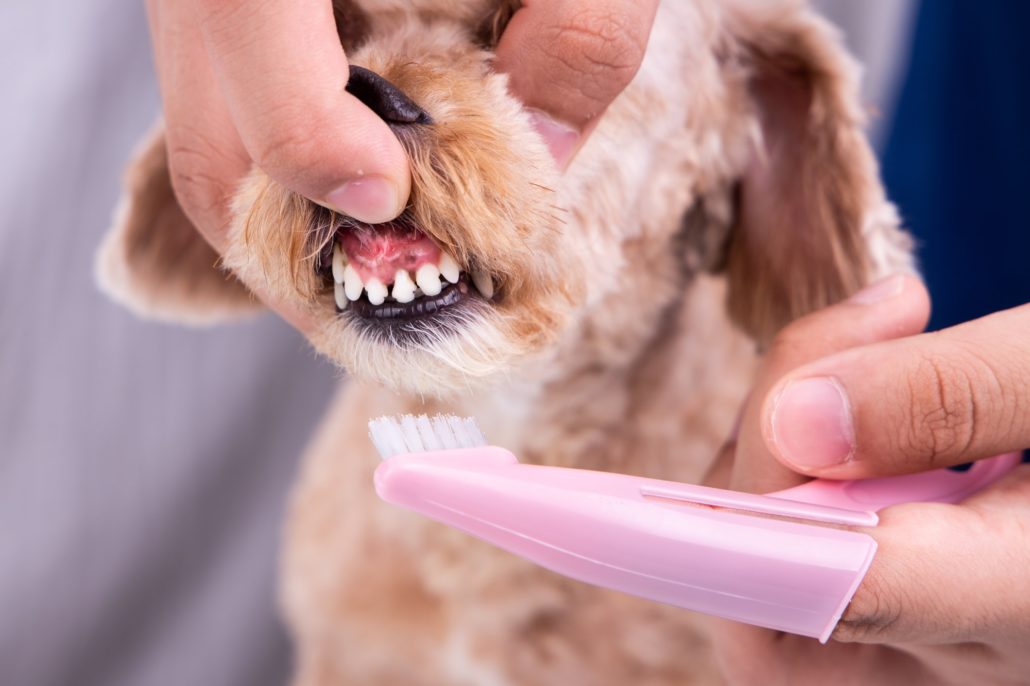
3961 Hastings Street
Burnaby, BC V5C 2H8
604 291 6666
Client Support
Mon - Thu: 8AM - 6PM | Fri: 7AM - 5PM
Online store always open
Burnaby, BC V5C 2H8
Client Support
Online store always open

Dental care is a little recognized, yet necessary part of caring for your pets. By the age of three, some 80 percent of all dogs and 70 percent of all cats show signs of dental disease, which can lead to the more serious problems of heart, lung, and kidney disease. Periodontal disease can be prevented and treated.
No other procedure performed on small animals does more to help patients than periodic teeth cleaning and after care. As plaque and tartar form on teeth and under gums, bacteria collect and multiply.
This causes foul mouth odor eventually leading to the development of gum disease.
More serious health problems, such as heart and kidney disease, may follow.
An annual dental prophylaxis (ultrasonic cleaning, polishing, and fluoride treatment) included in your pet’s regular healthcare program will help maintain good oral hygiene and prevent complications from periodontal disease.
For the comfort of your pet, this procedure requires anaesthesia and, for your pet’s safety, a pre-anaesthetic blood test is advised.
Our veterinarians will normally discuss your pet’s dental health as required. If your veterinarian recommends a dental cleaning for your pet, the first step is completing pre-anesthetic diagnostics. We require blood work and an ECG for all dental patients to ensure they are healthy and safe to undergo general anesthesia.
Our team will then schedule an appointment for your pet’s dental cleaning. You will also be informed regarding keeping your dog off-food the night before the procedure.
We provide complete dental scaling, polishing, fluoride treatment, and dental x-rays.
Sometimes dental extractions may be required to prevent further complications of dental disease. Extractions are required more commonly in older patients, but it is also related to the general oral health regardless of the age.
Commonly an extraction will be accompanied by short-term pain management and antibiotics for the comfort and health of your dog during recovery. Typically, dental procedures are treated as “day procedures” and your loved one is at home by evening, the same day. Recovery is typically one to two weeks.
Our staff will give you all the required post dental care instructions as well as let you know about the diet recommended by your veterinarian.
It is always advised to feed your pet some soft food for the 2-5 days after a dental cleaning, and then continue a dental tartar control diet.
A short course with a safe antibiotic will typically be needed after most dental procedures and the medication will be dispensed at the time of “patient discharge” from the hospital.
You are always welcome to contact us with questions at any time.
We prepared a series of blogs with everything you need to know about Dental care.
From puppy to senior care, explore all the other dog-related pages that we created for you!
Sign up for our newsletter to receive the best tips, articles and other resources for your pet’s health.
08:00 AM - 6:00 PM
08:00 AM - 6:00 PM
08:00 AM - 6:00 PM
08:00 AM - 6:00 PM
07:00 AM - 5:00 PM
We are closed